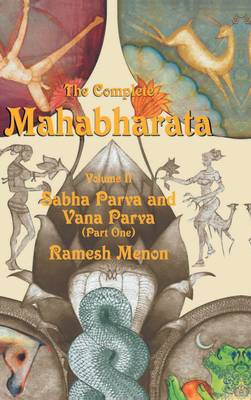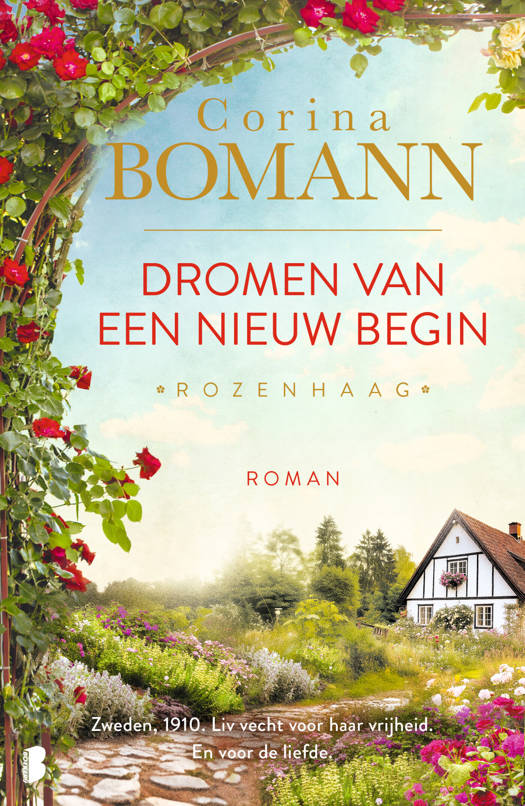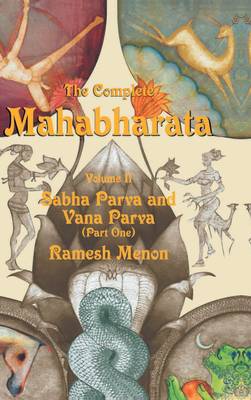
- Afhalen na 1 uur in een winkel met voorraad
- Gratis thuislevering in België vanaf € 30
- Ruim aanbod met 7 miljoen producten
- Afhalen na 1 uur in een winkel met voorraad
- Gratis thuislevering in België vanaf € 30
- Ruim aanbod met 7 miljoen producten
Zoeken
Omschrijving
The Mahabharata of Veda Vyasa is the longest recorded epic in the world. With almost 100,000 verses, it is many times as long as the Iliad and the Odyssey combines and has deeply influenced every aspect of the Indian ethos for some 4,000 years. The main theme of the epic is the Great War in Kurukshetra, but it seems with smaller stories, and other stories within these, all woven together with a genius that defies comparison. As its heart, it contains Krishna's immortal Bhagvat Gita, The Song of God. The Mahabharata embodies the ancient and sacred Indian tradition in all its earthy and spiritual immensity. Famously, 'What is found here may be found elsewhere. What is not found here will not be found elsewhere.' Many believe this most magnificient epic to be the greatest story ever told. Yet, the only full Indian translation of the Mahabharata into English is the one penned in the 19th century by Kisari Mohan Ganguli. More than a hundred years have passed since Ganguli accomplished his task, and the laguage he used is now, sadly archaic
Specificaties
Betrokkenen
- Auteur(s):
- Uitgeverij:
Inhoud
- Aantal bladzijden:
- 798
- Taal:
- Engels
Eigenschappen
- Productcode (EAN):
- 9788129119025
- Verschijningsdatum:
- 9/09/2017
- Uitvoering:
- Hardcover
- Formaat:
- Genaaid
- Afmetingen:
- 152 mm x 229 mm
- Gewicht:
- 1329 g

Alleen bij Standaard Boekhandel
+ 167 punten op je klantenkaart van Standaard Boekhandel
Beoordelingen
We publiceren alleen reviews die voldoen aan de voorwaarden voor reviews. Bekijk onze voorwaarden voor reviews.











